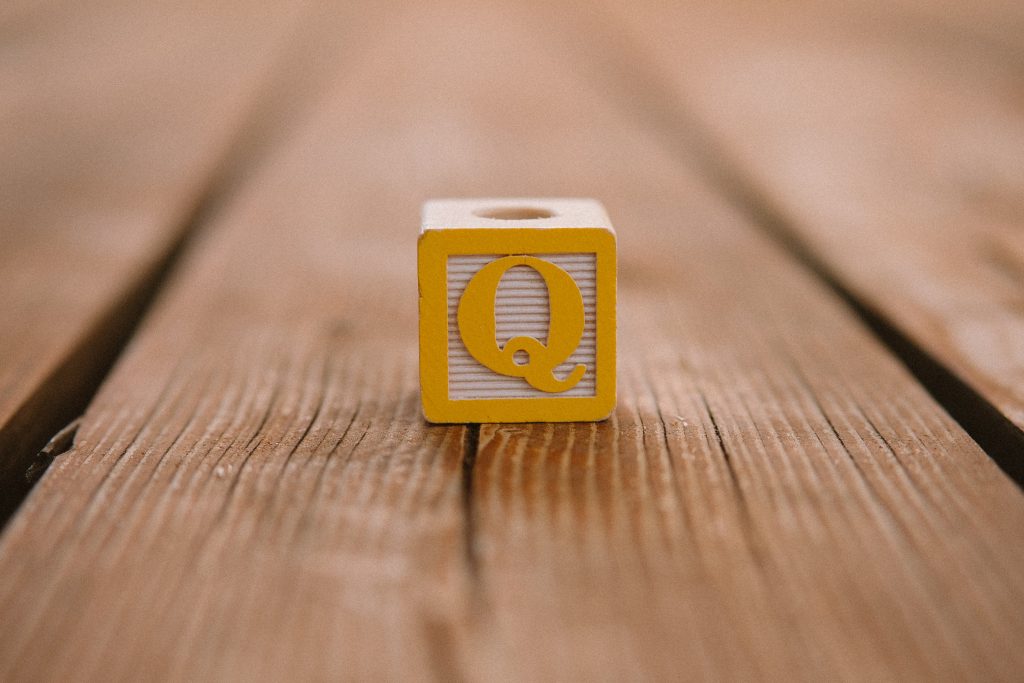
07 Dec The Dangers Of Fake News
Conspiracy theories have always circulated online, but this year has seen them manifest themselves particularly dramatically. From the attacks on UK 5G masts in Spring, to the refusal to wear masks on public transport, the dangerous effects of fake news have been made especially visible in 2020.

Those following conspiracies online this year have increased startlingly. According to Concordia University researcher Marc-André Argentino, Facebook groups set up to spread conspiracies, linked to notorious conspiracy theory QAnon, saw an over 3000% increase in membership, within just two months from July this year.
The internet is a fantastically powerful tool to share information rapidly and widely, and of course, this is often abused. Social media especially facilitates the almost instantaneous sharing of stories and facts, true or not. We saw in this in the rise of the fake news phenomenon over the past few years. But why is it that people have become especially susceptible to it this year?
We all felt the state of anxiety the pandemic plunged us into this year. The confusion brought about by such an unprecedented event has left many eager to find alternative explanations for the events of the year. Combine this with the fact that most of us have spent much more time online this year (likely than ever before) and the result is we have all been exposed to a much bigger volume of conspiracy content than in prior years.

When followers of the discredited conspiracy theory QAnon really began to take off, FaceBook announced that it would be removing any content and groups related to it on its platform. Unfortunately this proved unsuccessful as a means of curbing the spread. QAnon groups continued to grow, and, most worryingly, The New York Times even found that Facebook algorithms were pointing certain users towards the groups.
For now, it’s is up to all of us to keep ourselves safe from fake news. How can we do this?
#1 Read before you share
Critical thinking is the most important step towards protecting ourselves from falling for conspiracy theories online. Our love for a constant stream of news has made us a little too trigger-happy when it comes to sharing information online. Before retweeting a headline, or sharing something to your story, it is vital that you give yourself time to investigate yourself whether you are sharing something which is true. Unfortunately, the majority of people don’t do this. Research from Columbia University found that 59% of links shared on social media are shared without ever being read.
#2 Fact check before sharing
When you do read the content, fact check before sharing. Data can be manipulated (sometimes, simply fabricated) to ‘sell’ a particular argument, many people simply share figures without crosschecking them. Look for reputable news sources to cross-check against. Where data is concerned, look for the source of the data in the news piece and go directly to view the data yourself.
#3 Analyse motivation
Always consider the motivations of the body or organisation publishing the information. What have they got to gain from this particularly story? Is it likely they are biased? Is there another side to the story they are not reporting? Analysing the motivation of everyone who publishes information online is a good habit to get into.
#4 Limit consumption
Finally, consider your news gathering habits online. It’s good to get your news from a variety of sources, but not to the point of doomscrolling. Being unable to log-off leaves you vulnerable to more sensationalist, often fake, news. Ensure that you have a balanced and healthy tech-life balance. This will keep things in perspective.
With coronavirus vaccines now on the horizon, there are growing worries that anti-vaxx conspiracy theories may cause them to be met with resistance. This could lead to a reduced take-up and a continuing spread of the virus. In a global health crisis, it’s more important than ever before that we are able to distinguish between reality and conspiracy online.





Sorry, the comment form is closed at this time.